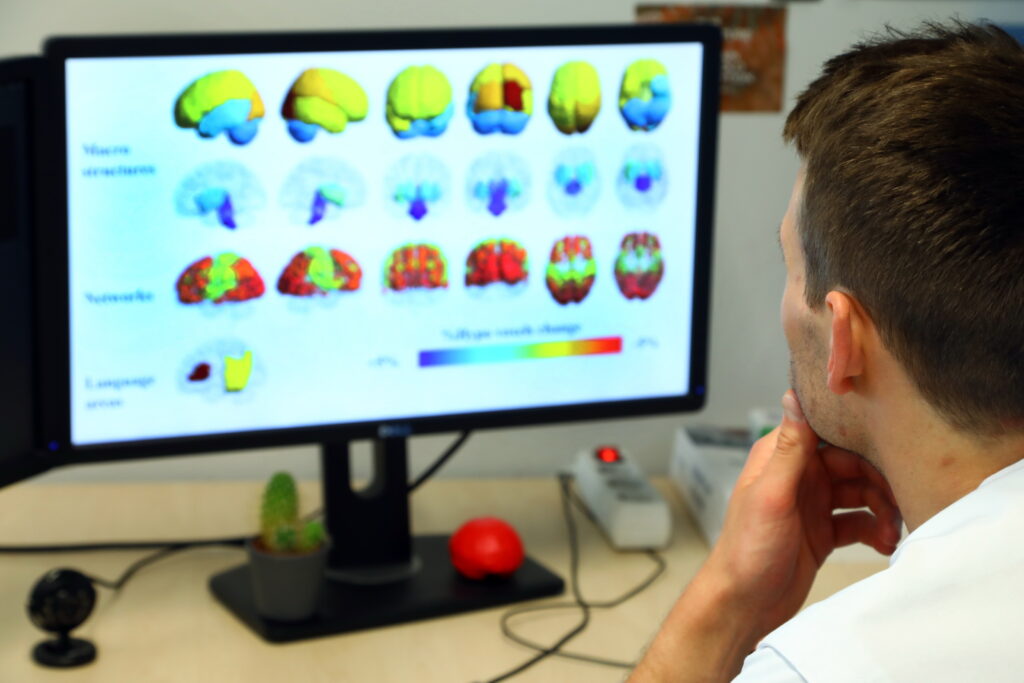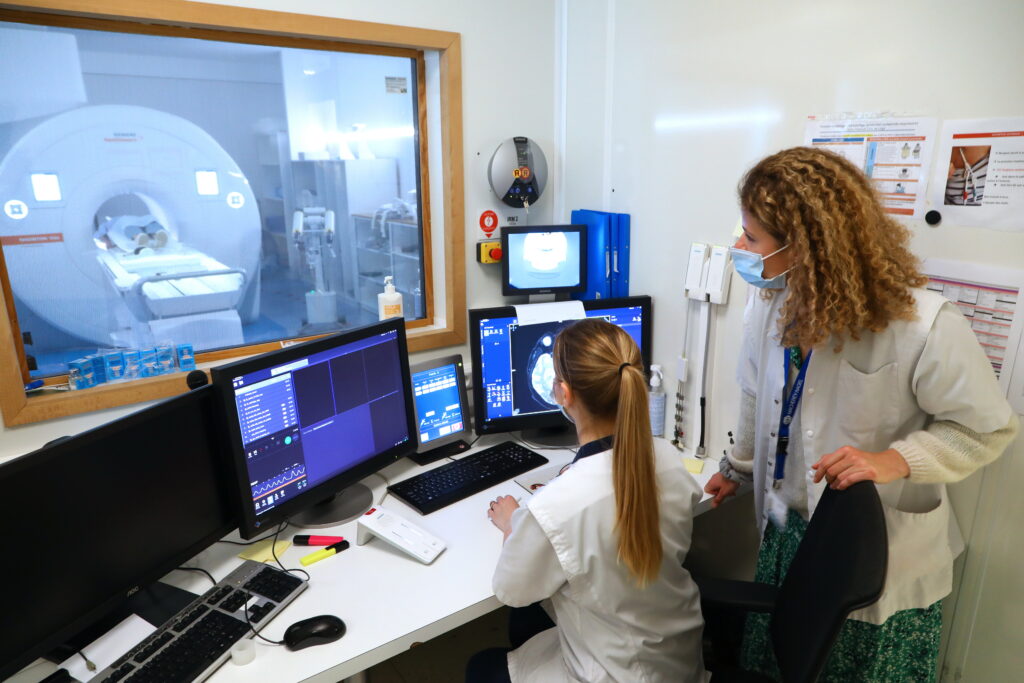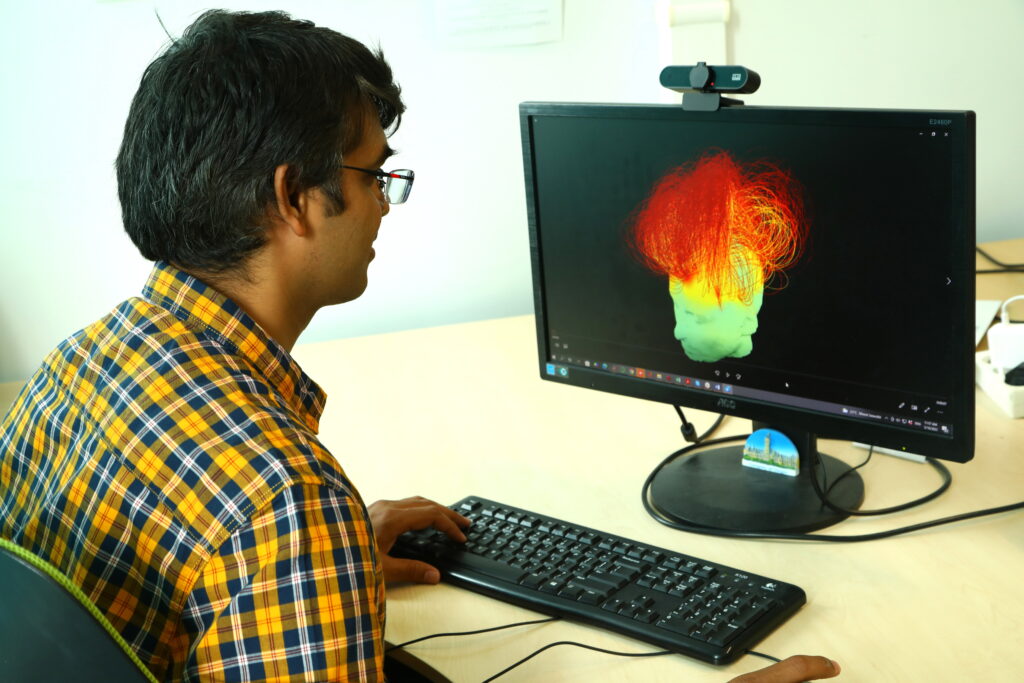Research
The Coma Science Group aims to improve diagnosis, prognosis and treatments of patients with disorders of consciousness. We confronts clinical expertise with cerebral patterns as obtained from multimodal imaging such as positron emission tomography (PET), magnetic resonance imaging (MRI) and electroencephalography (EEG). Our translational medical research brings state-of-the-art techniques developed at the University of Liège to the patients’ bedside at the Liège University Hospital. Our multidisciplinary team consists of neuropsychologists, medical doctors, physiotherapists, biologists, neuroscientists, bio-engineers, physicists, and mathematicians.
The Coma Science Group also contributes to a better characterization of the memories of patients who have regained consciousness after a coma, specifically by studying the phenomenology and the neural correlates associated with “near-death experiences”. Additionally, we study other non-ordinary states of consciousness, such as cognitive trance, hypnosis and psychedelic experiences. Some of our recent work also aims to improve the diagnosis and clinical management of patients who have had a concussion, currently underdiagnosed in Europe.
You want to know more about our colleagues’ work in this field, check out our youtube channel for the videos of our GIGA Consciousness seminars : http://bit.ly/3ZoD00d

Disorders
of consciousness
Our team assesses the recovery of neurological and physical disability, and of neuronal plasticity in patients with severe brain injuries.

(Dis)connected
Consciousness
Human subjective experience can emerge in a broad range of unexpected contexts, like in near-death situations or general anesthesia.

Concussion
Mild traumatic brain injury (mTBI), or concussion, is the result of a minor head injury.
Database of potential participants in studies conducted by the Coma Science Group
When you take part in studies conducted by the Coma Science Group, we may ask you to allow us to keep your contact details so that we can contact you again to offer you the opportunity to take part in other studies.
If you so authorise, your contact details (first and last name, e-mail address, telephone number, patient code, studies in which you have taken part) will be recorded in a computer file by the Coma Science Group of the University of Liège. This data will be kept for 30 years from the date it is entered in the database. This data will be processed on the basis of consent (RGPD, art. 6-1, a.).
This data will be transmitted to the following third parties: CHU Liège’s scientific partners.
In accordance with the provisions of the General Data Protection Regulation (EU 2016/679), you may exercise your rights relating to this personal data (right of access, rectification, deletion, limitation, opposition, portability and withdrawal of consent) by contacting laurence.docquier@uliege.be or, failing that, the ULiège Data Protection Officer (dpo@uliege.be – Monsieur le Délégué à la Protection des Données, Bât. B9 Cellule “GDPR”, Quartier Village 3, Boulevard de Colonster 2, 4000 Liège, Belgium). You also have the right to lodge a complaint with the Data Protection Authority (https://www.autoriteprotectiondonnees.be, contact@apd-gba.be).